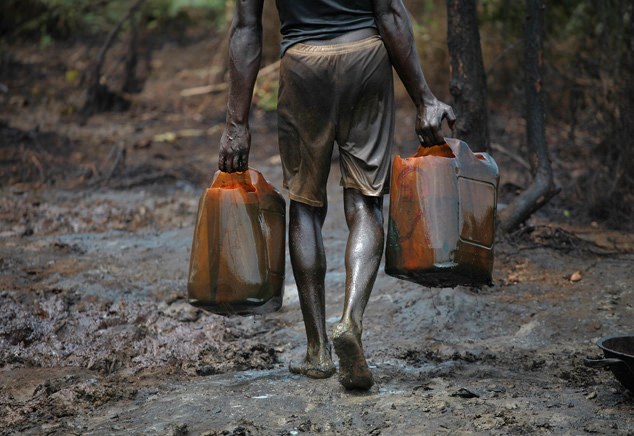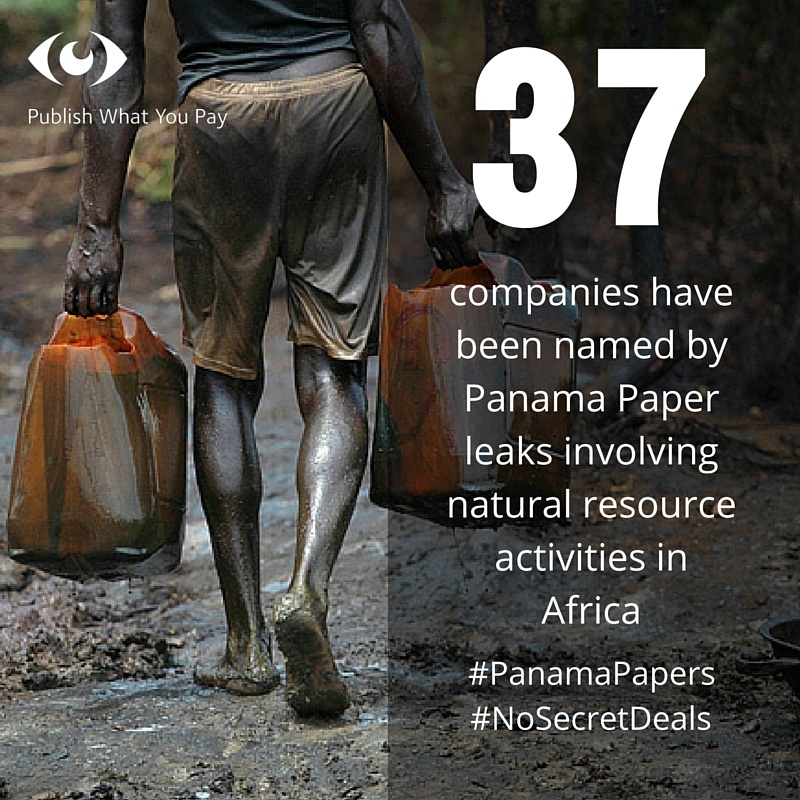Panama Papers reveal secret offshore deals deprive Africa of billions in natural resource dollars
News


New evidence shows oil, gas & mining firms use loopholes and avoid tax depriving communities of much-needed resource income
The latest Panama Papers leaks by the International Consortium of Investigative Journalists (ICIJ) reveal that Mossack Fonseca has played a significant role in oil, gas and mining deals in Africa that have sparked public allegations of tax dodging, corruption, environmental destruction and other misconduct.
37 companies having been named in court actions or government investigations involving natural resources in Africa. Twelve of 17 companies are under investigation by authorities in Italy in relation to a $10 billion oil and gas deal in Algeria created by Mossack Fonseca.
The ICIJ has been releasing evidence of how a web of financial secrecy is robbing the world’s poorest communities of oil, gas and mining revenue. Mossack Fonseca’s files reveal how a number of shadow companies, which have only existed for months, are controlled by politicians, their family members and business associates. The money generated from the shadow companies’ activities is then given to executives and intermediaries rather than used to benefit citizens in the countries where natural resources extraction takes place.
Not only deprived of the potential revenue from oil, gas and mining, local communities living in areas where oil, gas and mining companies operate also bear the cost of these activities the most. Families who live near abundant natural resources usually struggle with poverty, health issues and environmental hazards from the industrial activities that directly affect their communities.
“The millions of documents expose how taxes are evaded and avoided, keeping resource-rich countries and their citizens from fully benefiting from the revenues derived from the exploitation of oil, gas and minerals,” says Elisa Peter, Executive Director, PWYP.
Publish What You Pay (PWYP) works for an open and accountable extractive sector, so that oil, gas and mining revenues improve the lives of women, men and youth in resource-rich countries and that extraction is carried out in a responsible manner that benefits countries and their citizens.
The response to these recent scandals, including from many PWYP activists, indicates a real thirst to hold offshore companies and governments to account. The Panama Papers demonstrate that the call of the PWYP movement for greater transparency in the extractive sector is as relevant today as it was in 2002 when the campaign was launched.
These leaks underline not only the importance of transparency in the financial sector, including making the real owners of companies transparent, but also the potential for transparency to lead to real change.
With more documentation publicly available than ever before through the Panama Papers, there is more evidence that civil society organisations can use to call for change. The only way the public can make informed decisions about important issues like tax rates or oil and mining deals is if the details are out in the open – through greater transparency.